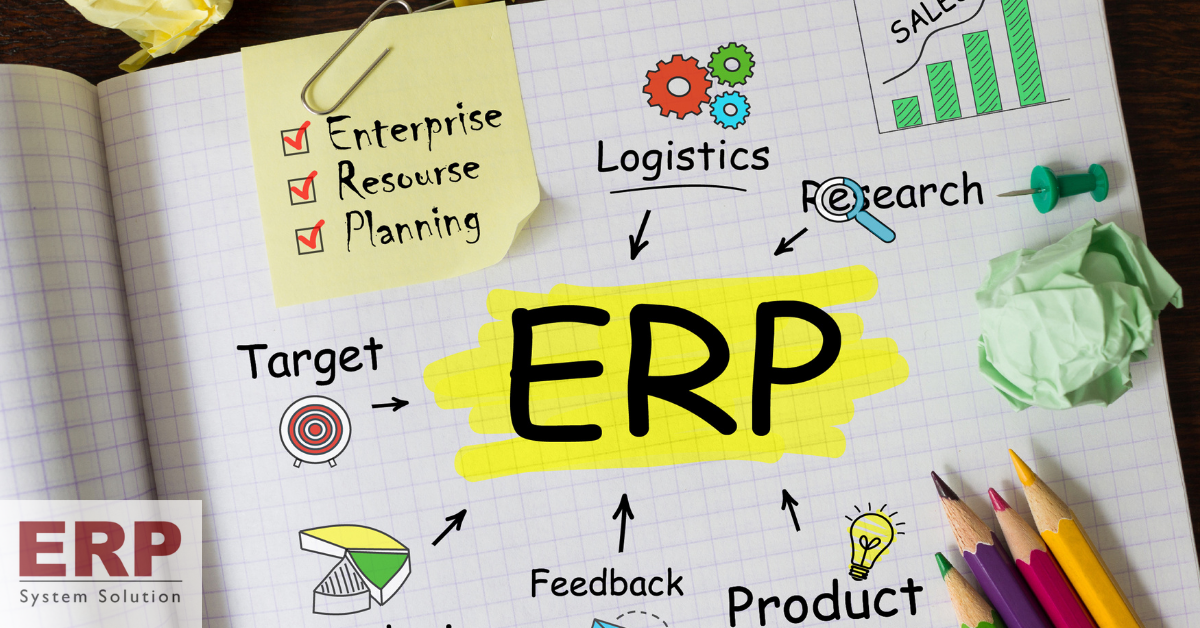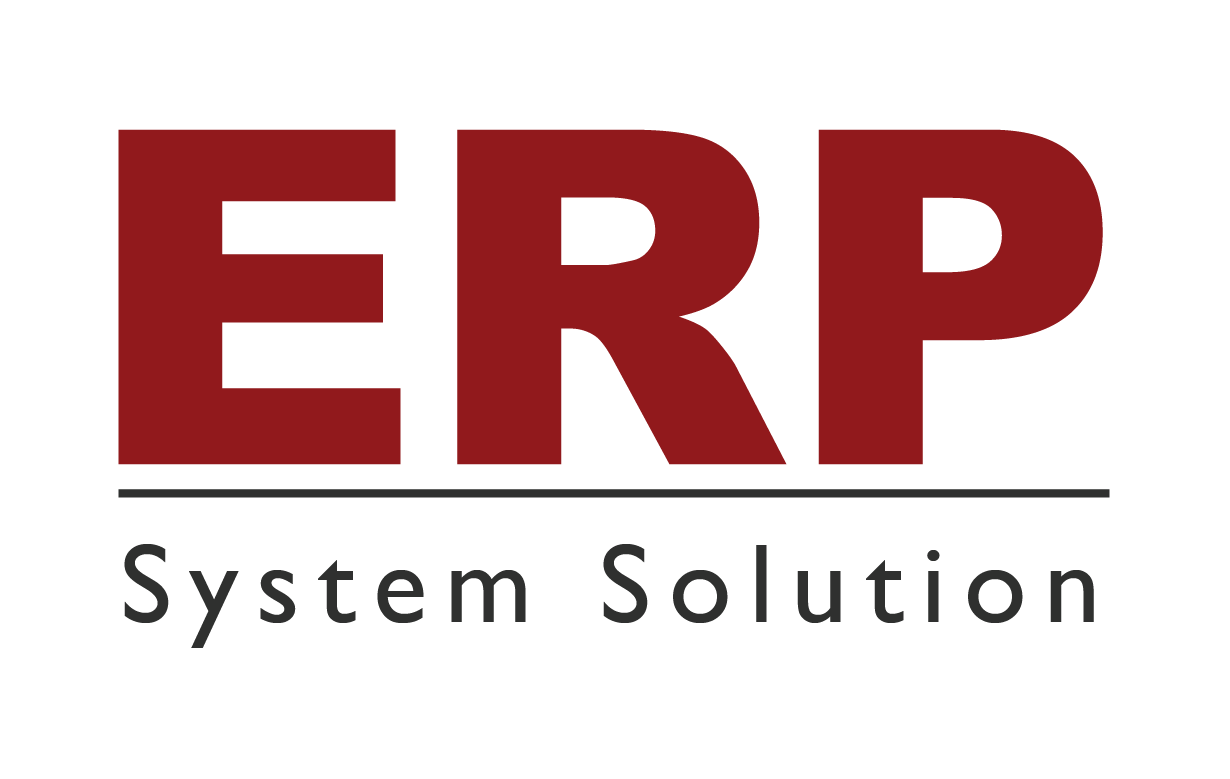Essential Steps to Take Before Implementing a New ERP System
Oct 30 , 2023 / ERP

Implementing a new Enterprise Resource Planning (ERP) system can seem daunting. But with proper planning and preparation, it doesn’t have to be painful. ERP systems are powerful programs that integrate all your core business processes – from accounting to HR to manufacturing – into a unified system. The benefits include streamlined operations, real-time data access, and improved department efficiency.
But before you sign on the dotted line with a major ERP vendor, there are some key things you need to do first to ensure a smooth and successful implementation. Based on my experience helping companies deploy new ERP systems, here are the most important pre-implementation steps:
Define Your Business Goals and Requirements
First, clearly define your business goals and needs. Meet with managers from each department to understand their pain points and requirements. What issues are they looking to solve with a new ERP system? Prioritize must-have features versus nice-to-haves. You want to select software that solves immediate needs, not overkill.
Research and Select the Right ERP Software
Next, research ERP options that align with your requirements and goals. Consider the pros and cons of cloud versus on-premises systems. Cloud ERP means lower upfront costs, but on-prem allows more control. Leading vendors include SAP, Oracle, Microsoft Dynamics, and more. Shortlist 2-3 options and thoroughly demo each.
Create an Implementation Roadmap and Timeline
Once you’ve selected an ERP platform, map out an implementation plan. Will you slowly phase in functionality in stages? Or do a single, ambitious “big bang” launch? Outline which modules to tackle first based on priority, and create a detailed timeline of tasks.
Clean and Prepare Your Existing Data
Don’t neglect your existing data! Review all data in current systems and clean things up before migrating info into your new ERP. Eliminate duplicates, clarify ambiguous records, and align formats. Failing to prep data can create major headaches post-launch.
Train Employees on Using the New ERP System
Employee training is also essential. Develop training manuals, FAQs, and onboarding materials tailored to each role. Schedule hands-on training sessions to get employees familiar with new software. Appoint department “super users” to support ongoing questions.
Create Contingency Plans for Potential Issues
Finally, prepare contingency plans in case issues arise during or post-implementation. Troubleshoot problems methodically with pre-defined resources and steps. Set aside emergency budgets and support staff to quickly address any go-live hiccups.
Get an ERP Consultant On Board
Remember that implementing a new ERP system is too complex to handle alone, especially if it’s your first time. Bringing on an experienced ERP consulting firm is highly recommended to ensure smooth software deployment. Consultants can provide unbiased advice, facilitate implementation, project manage, and offer ongoing support.
Assemble an Implementation Team
Carefully build out an internal team to steer the ERP project. Key roles include an executive sponsor, project manager, partner liaison, technical architects, analysts, and end users. Provide ongoing support and incentives to empower the team. If there is a lack of skilled staff, prepare a training program first.
Select the Right ERP Modules
ERP systems contain multiple modules like finance, procurement, manufacturing, etc. Choose modules that align with your business needs. More modules mean more training is required. Select only what’s necessary to avoid overly complex implementation.
Decide on Key System Specifications
Nail down specifications like cloud vs. on-premise deployment, licensing model, number of users supported, and integration needs. These decisions impact rollout and training. Ensure the new ERP platform is compatible with existing infrastructure.
Centralize and Backup Key Data
Before migration, centralize data from legacy systems into a single location. Eliminate duplicates and correct formatting issues. Backup data to ensure no loss of critical business information during the transition.
By carefully executing these pre-implementation steps, you can avoid common ERP pitfalls and achieve a smoother transition. Planning sets you up for ERP success! Let me know if you need any guidance or advice along the way.
About Us
We save your time, resources, and costs. Whether you need help with Outsourced Accounting, Finance, Tax, Employee Management & Payroll, or ERP & E-Commerce Integration. we have the expertise and solutions to help.
Subscribe to mailing list
About Us
Welcome to our ERP implementation and E-Commerce integration professionals in Dubai! With a strong commitment to company streamlining, we specialize in creating individualized, innovative solutions for businesses of all sizes. In order to guarantee the best functionality, effectiveness, and development, our committed staff has considerable experience in the establishment of ERP systems and smooth E-Commerce integration.
Our solutions are created to match your particular demands because we are aware of the special opportunities and challenges that the Dubai market presents. We are here to support your success, whether you want to scale your business, improve client experiences, or optimize your operations. Join us today to explore the future of business.
FOLLOW US
Copyright © 2022 | ERP & E-Commerce | All Rights Reserved.
